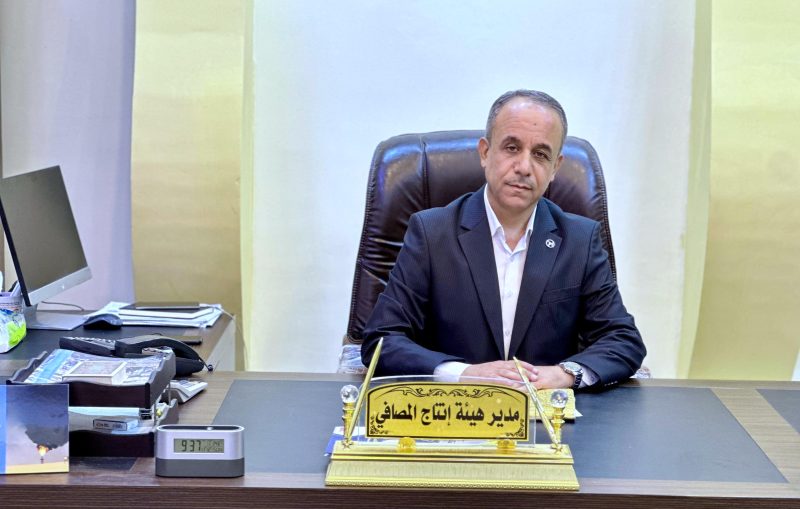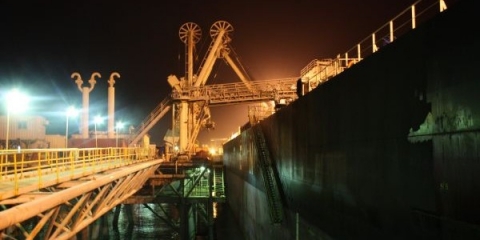Q&A: Salman Hadar Salman, Deputy Director General of the South Refineries Company
The expansion of Iraq's largest refinery promises to reduce the country’s fuel imports and enable jet fuel exports.
BASRA - The rehabilitation and upgrade of the Shuaiba oil refinery in Basra is underway after years of delay and contractual disputes with the addition of a 70,000 Crude Distillation Unit and a Fluid Catalytic Cracking unit now due to be operational by end 2024 or early 2025, South Refineries Company Deputy Director General Salman Hadar Salman said in an interview with Iraq Oil Report.
On completion of the CDU and other upgrades, the refinery’s processing capacity will increase from 210,000 barrels per day (bpd) to 280,000 bpd, boosting production of Liquefied Petroleum Gas (LPG), 92 Octane gasoline, napththa, and jet fuel for export.
The $125 million expansion of the Basra refinery was due to be completed by September 2022 but problems with the main contractor, TechnoExport of the Czech Republic, caused a delay. Salman said TechnoExport’s contract had been withdrawn and the South Refineries Company was completing the work with sub-contractors.
The Shuaiba expansion is slated to provide a major increase in Iraq's domestic refining capacity and eventually allow Iraq to halt imports of light ends like gasoline. Salman said that once the fourth production unit is operational, gasoline imports will be reduced significantly and eventually halted. The refinery also plans to export more jet fuel and naphtha to generate additional income.
Iraq spends billions of dollars every year on fuel imports because its domestic refinery network cannot produce enough product to meet demand, especially of lighter ends like high-octane gasoline.
This is not the first time that plans to expand the Shuaiba refinery have been delayed. Work began in early 2018 and was initially scheduled to be completed by the end of that calendar year, but the project suffered various delays due to contracting and payment disputes, and then the coronavirus pandemic.
Refinery operations have also faced the challenge of variations in the quality of crude oil supplied by the state-owned Basra Oil Company (BOC) and increased salinity of water from the Shatt al-Arab waterway.
A full transcript of the interview is available below for Iraq Oil Report subscribers.
Login to your account
Subscribe for news access
Annual News subscribers receive access to the full archive of Iraq Oil Report articles.





